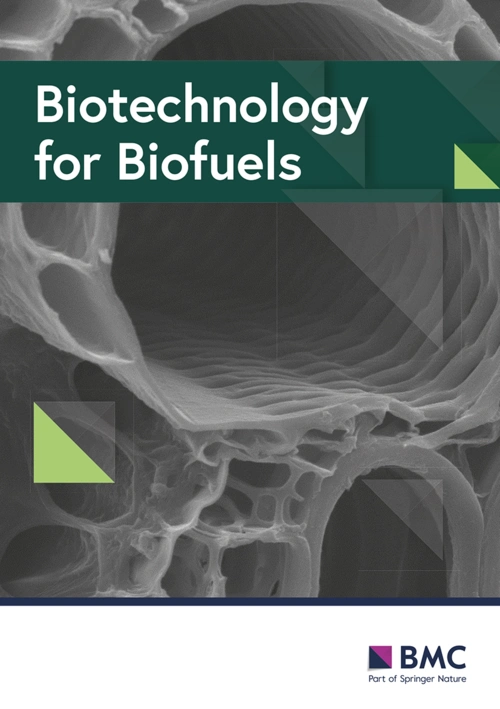Optimizing hexanoic acid biosynthesis in Saccharomyces cerevisiae for the de novo production of olivetolic acid
Abstract
Medium chain fatty acids (MCFAs) are valuable platform compounds for the production of biotechnologically relevant chemicals such as biofuels and biochemicals. Two distinct pathways have been implemented in the yeast Saccharomyces cerevisiae for the biosynthetic production of MCFAs: (i) the mutant fatty acid biosynthesis (FAB) pathway in which the fatty acid synthase (FAS) complex is mutated and (ii) a heterologous multispecies-derived reverse β-oxidation (rBOX) pathway. Hexanoic acid has become of great interest as its acyl-CoA ester, hexanoyl-CoA, is required for the biosynthesis of olivetolic acid (OA), a cannabinoid precursor. Due to insufficient endogenous synthesis of hexanoyl-CoA, recombinant microbial systems to date require exogenous supplementation of cultures with hexanoate along with the overexpression of an acyl-CoA ligase to allow cannabinoid biosynthesis. Here, we engineer a recombinant S. cerevisiae strain which was metabolically optimized for the production of hexanoic acid via the FAB and rBOX pathways and we combine both pathways in a single strain to achieve titers of up to 120 mg L−1. Moreover, we demonstrate the biosynthesis of up to 15 mg L−1 OA from glucose using hexanoyl-CoA derived from the rBOX pathway.

 求助内容:
求助内容: 应助结果提醒方式:
应助结果提醒方式:


